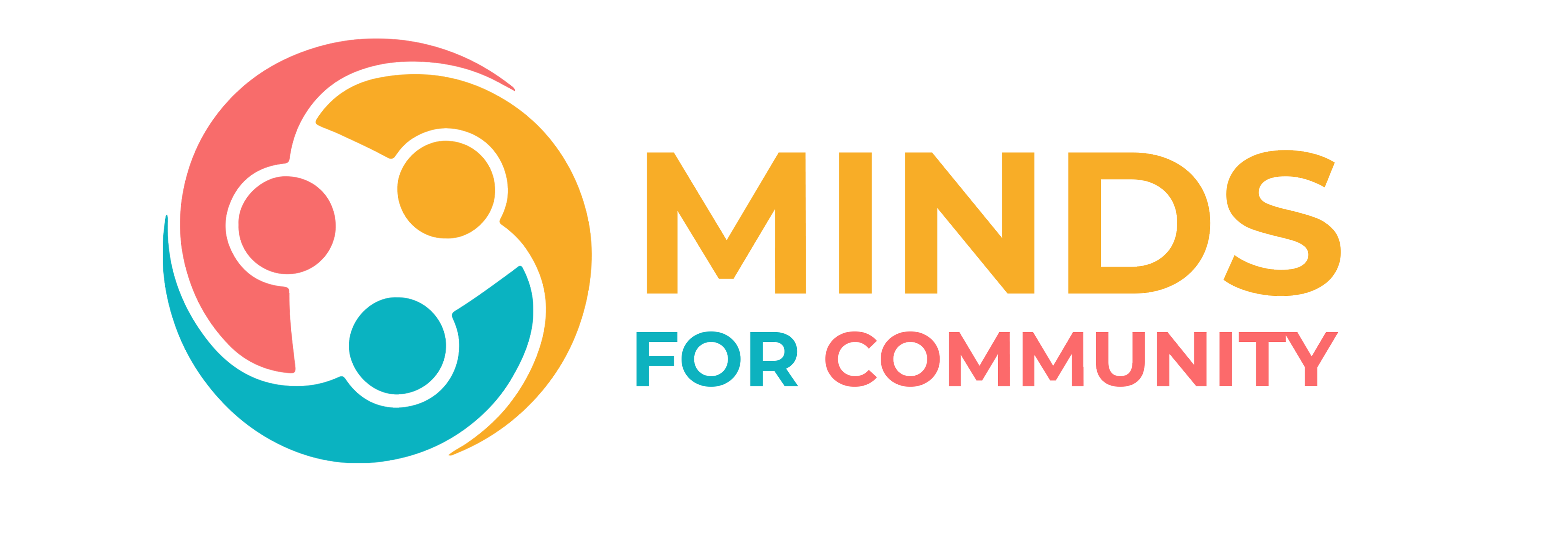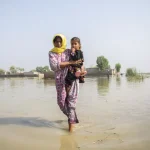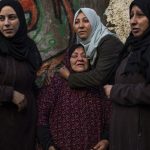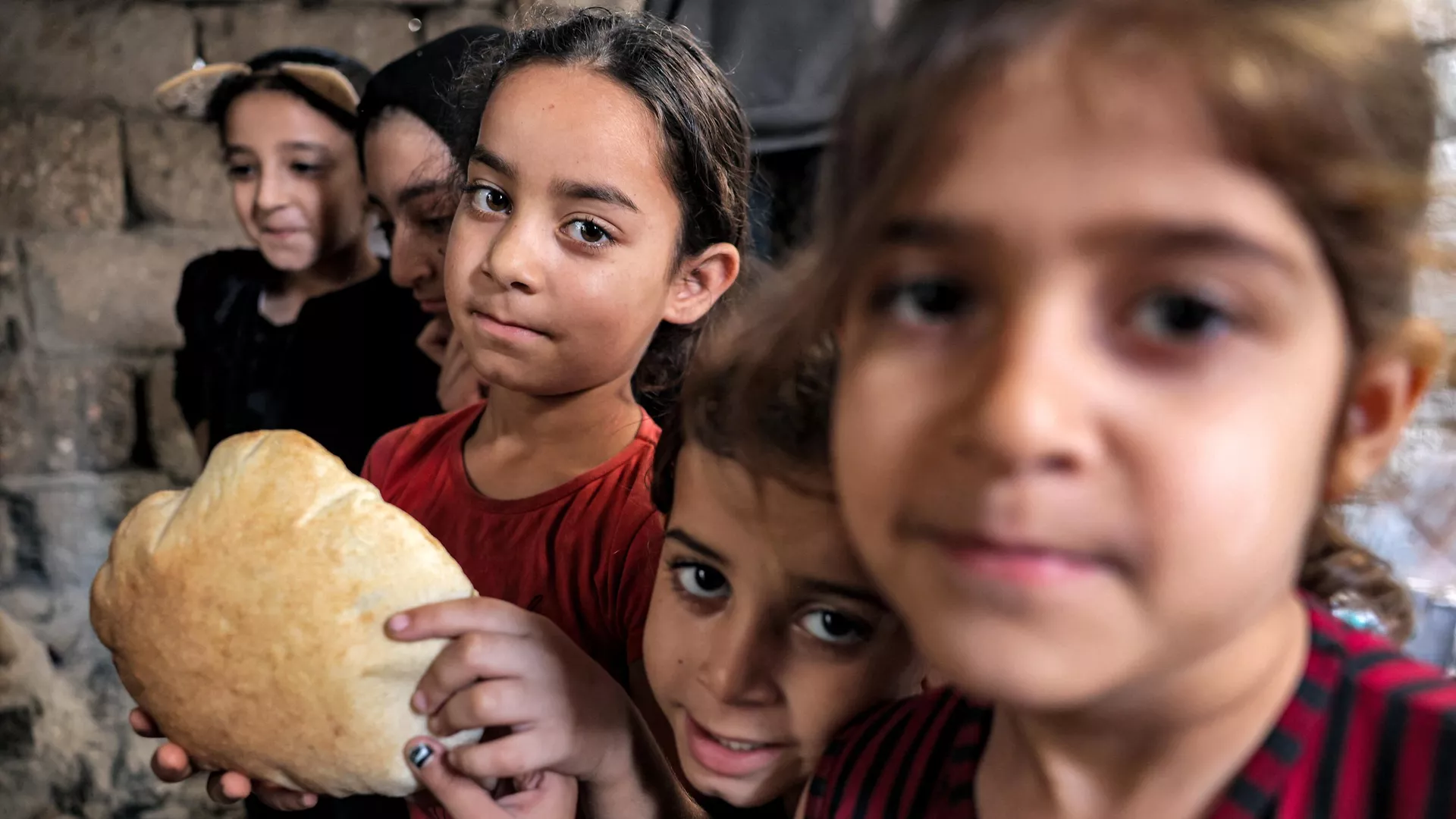new term has emerged to describe the reality of the children of the Gaza Strip – WCNSF: an abbreviation of the words in English, Wounded Child No Surviving Family. A new term has emerged to describe the reality of the children of the Gaza Strip: a wounded child, without a family member alive.
Mothers in the Gaza Strip are running and fleeing from one place to another to preserve their lives and the lives of their children. Children in the Gaza Strip are suffering from indescribable trauma after more than 40 days of almost continuous air strikes. Nearly 4,710 children have been killed in Gaza since 7 October, equivalent to one child being killed every ten minutes, or more than 100 children every day. At least 2,000 others remain missing under the rubble of bombed buildings and are presumed dead.
The scale of bloodshed is unprecedented. The number of children killed in one month of the conflict in the Gaza Strip is more than eight times the number of children killed in Ukraine during the entire first year of the war with Russia. The number of children killed in Iraq over the 14 years of war between 2008 and 2022 is also less than the number of Palestinian children.
Samar is one of thousands of children trapped in the Gaza Strip. Samar sends a voice message in which she says: “My name is Samar, I am 9 years old, and I want the war to end and I can go home and draw and study in school.”
No place is safe from air strikes, even medical facilities which must be protected under international law. Al-Rantisi Children’s Hospital in Gaza City was subjected to air strikes that caused severe damage to the third floor, which houses the children’s cancer department and is the only hospital that provides treatment for children with cancer in the entire Gaza Strip. Since then, an additional evacuation order has been issued for the hospital, which is treating around 70 children, ahead of the airstrikes.
Hala, who works in the humanitarian field in Gaza, says: “As a mother, I was running and fleeing from one place to another, just to save my life and the lives of my children. What we want is to save our lives and the lives of our children, nothing more and nothing less.”
At least two children in Gaza suffer injuries every 10 minutes, and some of these injuries are life-changing for children. However, doctors do not have the appropriate medical supplies to treat them, and are forced to use materials such as household vinegar or salt water instead of disinfectants. They also sometimes resort to using their phone flashlights to perform life-saving surgeries solely due to the lack of fuel. Sadly, the number of injured children arriving at medical facilities whose entire families have been killed is so high now that a new term has been coined to describe them – WCNSF: Wounded Child No Surviving Family.
Many of the children who have survived so far are either sick or at risk of falling ill due to lack of safe water and food. Parents reported that their children were suffering from malnutrition and severe underweight, as families divided each loaf of bread among their members, and thirsty children were forced to drink salty or contaminated water. Cases of gastroenteritis are on the rise, while the majority of 33,551 cases of diarrhea reported since mid-October have been among children under five, according to the World Health Organization.
Somaya, a pregnant mother who lives in a school near Deir al-Balah, said: “This water is salty sea water; we are forced to drink it because we cannot find drinking water. We cannot use that water to clean these young children or bathe with it, because we fear it will cause them harm.”






